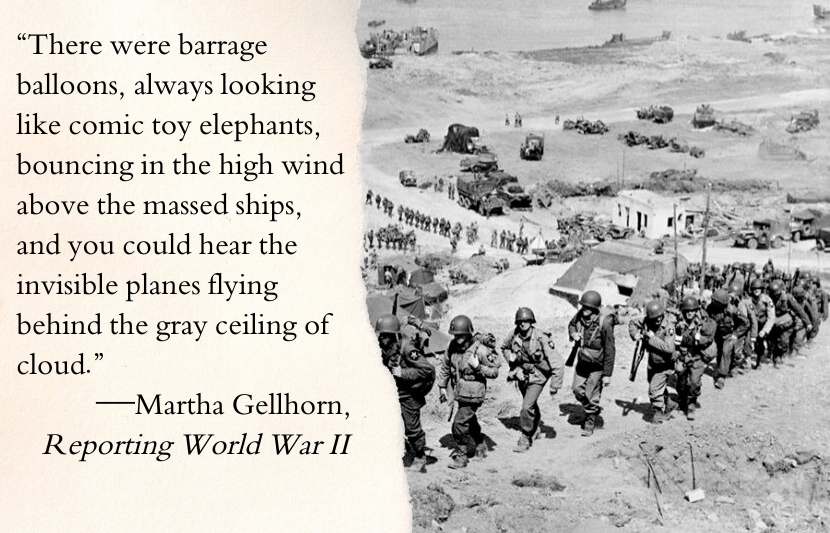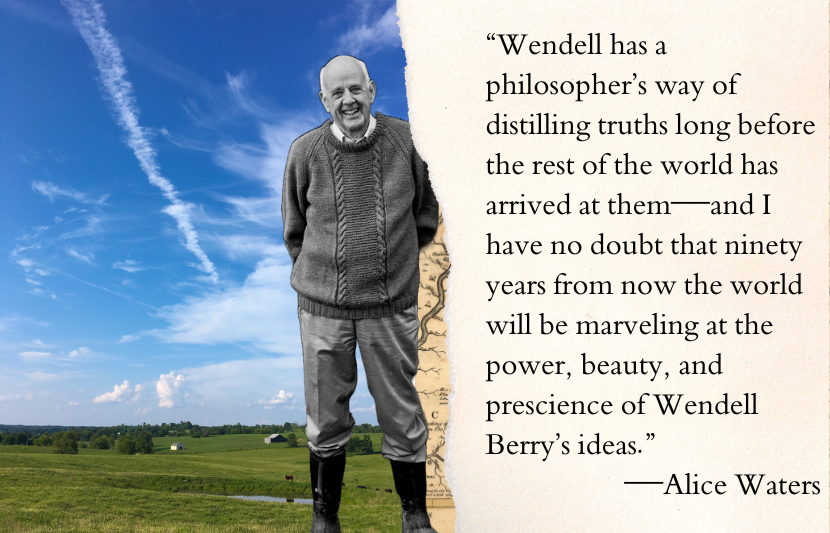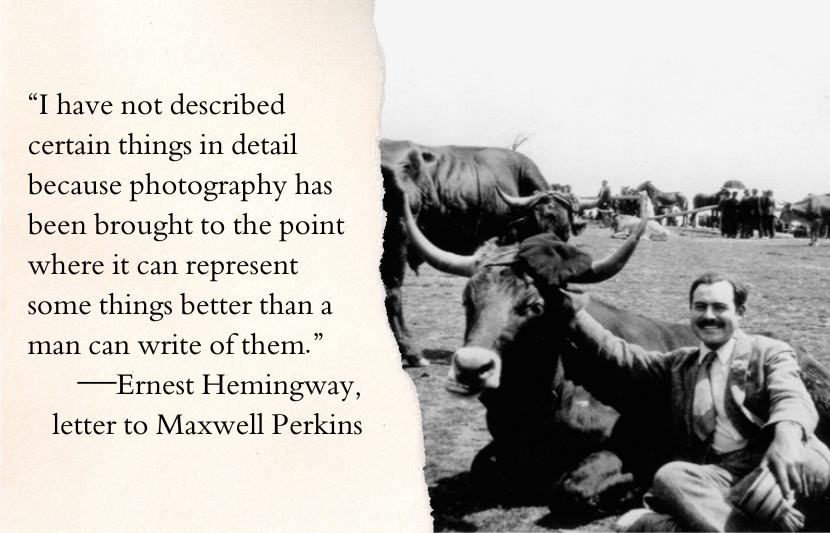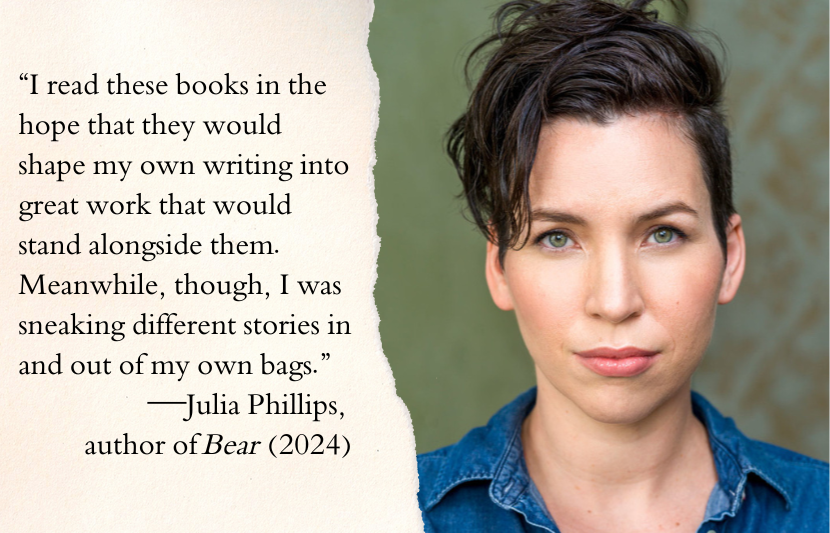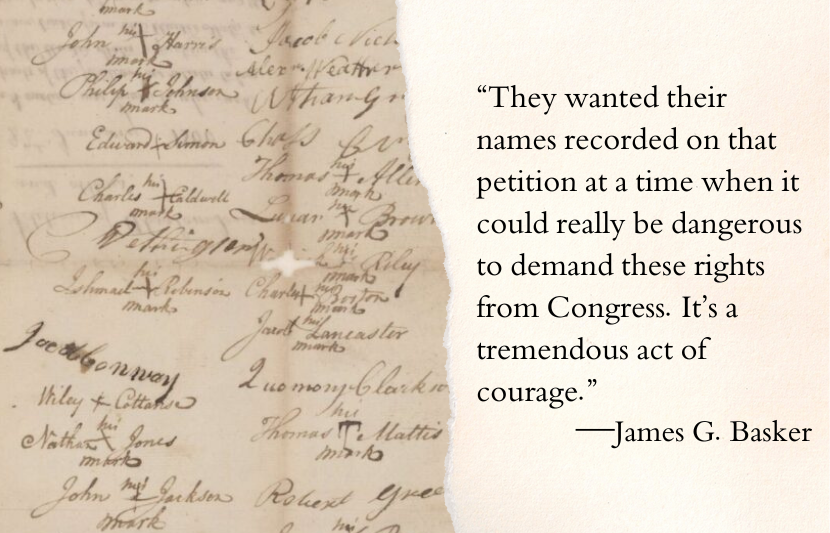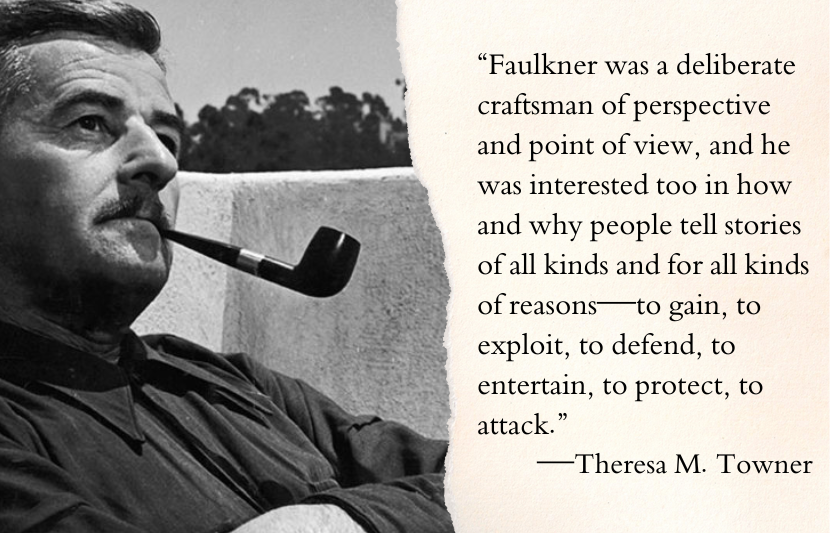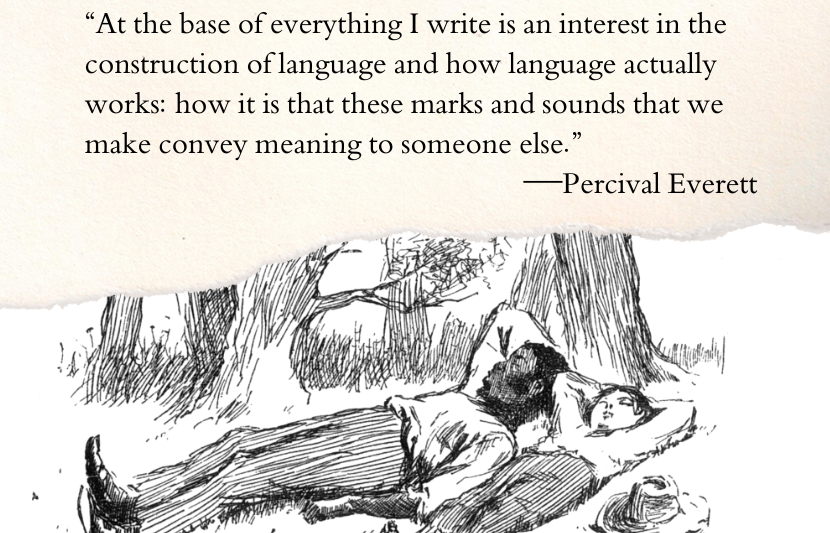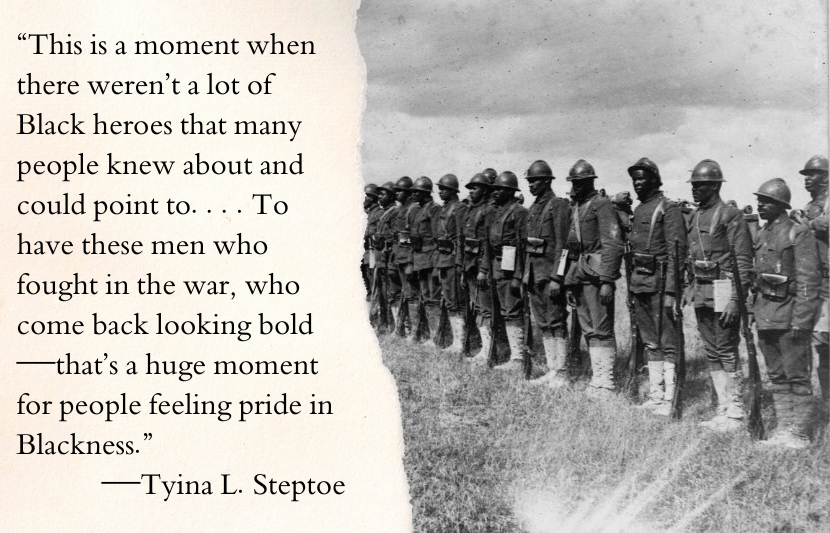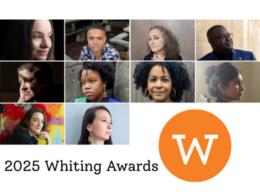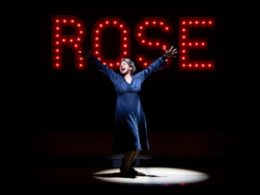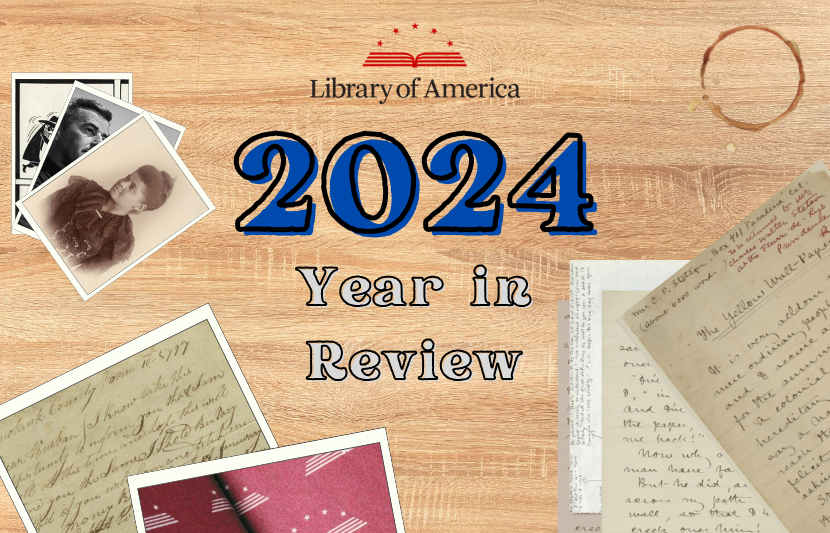
Any way you look at it, 2024 has been one for the books. At Library of America, we see our nation’s great literature as a way to illuminate the present, place it in context, and—perhaps most importantly—escape it, if only for a moment, to inhabit other eras, lives, and ways of experiencing the world.
This year, we’ve been proud to publish a fascinating assortment of interviews, articles, and videos on American writing and history right here on our website. Celebrated novelist Percival Everett discussed his National Book Award–winning novel James, based on The Adventures of Huckleberry Finn. A who’s who of fans, friends, and collaborators toasted Wendell Berry’s ninetieth birthday. The LOA staff tried their best to memorize poems by Robert Frost. And over on latinopoetry.org, a rich archive of taped readings and commentaries from some of the nation’s leading poets accompanied the launch of the groundbreaking Latino Poetry: The Library of America Anthology.
Below we’ve bookmarked more than forty pieces for your perusing pleasure, organized by category.
Happy reading this holiday season, and we’ll see you in 2025!
Click the links below to jump to a specific category:
Essays | Influences | Interviews | Latino Poetry | News | Videos
Essays
• “Their Own Tiny Circle of War”: Masters of the Air, in Their Own Words
• “One More Beach to Cross”: Reliving D-Day through the Eyes of Those Who Were There
• Masterpieces in Miniature: A (Short) History of American Haiku
• “It Is Men Who Have Got to Make the Law Free”: The Long March to Juneteenth
• “Your Friend, Wendell”: A 90th Birthday Tribute to Wendell Berry
• Truman Capote at 100: A Chameleon Poet
• The Broken Clock in Salvadoran Poetry: an Essay by Alexandra Lytton Regalado
• “What do I mean by authoritative text?”: Library of America Editor Stefanie Peters on the Making of a Definitive Edition
Influences
• “A Reverence for Their Mystery”: Essayist Jed Munson on Rereading Maxine Hong Kingston and Aldo Leopold
• “Upside-Down and Sideways”: Research and Revelation in Novelist Rachel Lyon’s Reading List
• “The Ones That Nobody Assigned”: Bear Author Julia Phillips on Building a Personal Canon
• “Funny, Scary, and Delightfully Weird”: Lena Valencia on the Many Faces of Literary Terror
• “The Most Demanding Form”: Theresa M. Towner on William Faulkner’s Radiant Short Fiction
• Commitment, Capacity, Compassion: Kim E. Nielsen on American Icon Helen Keller
• “Away from the Crowd”: Dan Barry on the Iconoclastic Genius of Jimmy Breslin
• “You Want to Possess the Words”: Jay Parini on Why We Can’t Stop Reading Robert Frost
• Eyeball and Over-Soul: Biographer James Marcus on the Infinitude of Ralph Waldo Emerson
• “Outrageous Errors and Goofs”: David Mikics on the Loony Legacy of MAD
• “Jim Crow Was a Cash Grab”: Tyina L. Steptoe on the Harrowing History of the American Color Line
Latino Poetry
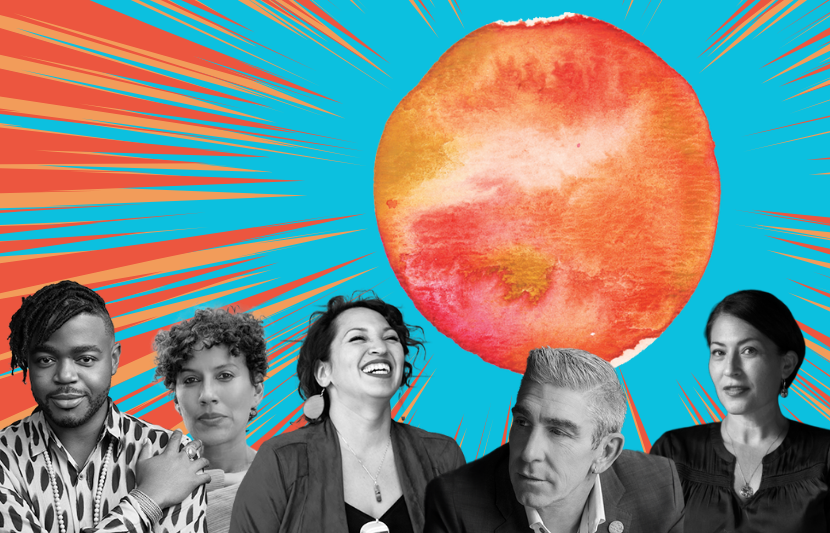
Poets featured in Latino Poetry: The Library of America Anthology: Darrel Alejandro Holnes (photo: Beowulf Sheehan), Aracelis Girmay (Stanford University), Laurie Ann Guerrero (Paola Valenzuela), Richard Blanco (Matt Stagliano), and Ada Limón (Lucas Marquardt)
• A Tremendous Continental Mixturao: Celebrating Latino Poetry
• Latino Poetry: Places We Call Home project website
• 75 Organizations Receive Grants Under LOA’s Latino Poetry Initiative
• Interactive gallery of poems and poets
• Essays
• Videos
• Events
• Downloadable Latino Poetry Reader
News
• Ten Emerging Writers Take Home LOA Books (and $50,000) at 2024 Whiting Awards
• Wendell Berry’s Writings Donated to Libraries Throughout Kentucky
Videos
• Why Don DeLillo Deserves the Nobel
• Black Writers of the Founding Era, with James G. Basker and Annette Gordon-Reed
• Deadline Artist: The Genius of Jimmy Breslin, with Dan Barry, Mike Barnicle, and Mike Lupica
• Robert Frost: Our Poet for All Seasons, with Jay Parini and Tracy K. Smith
• How to Memorize a Robert Frost Poem (and Why It Matters)
• Faith, Fiction, and Walker Percy’s The Moviegoer, with Paul Elie and Ayana Mathis
• Honor Moore and Clara Bingham on the Revolutionary Writings of Women’s Liberation
• Burning Down the House: Reading Faulkner’s Short Stories Now
• 1925: The Scopes Trial, the Culture War, and Four American Masterpieces, with Brenda Wineapple
• “A Place None of Us Know”: Writing, Loss, and Joan Didion’s Late Memoirs
Did you enjoy LOA’s web content in 2024? If so, consider making a tax-deductible donation to support our work.
